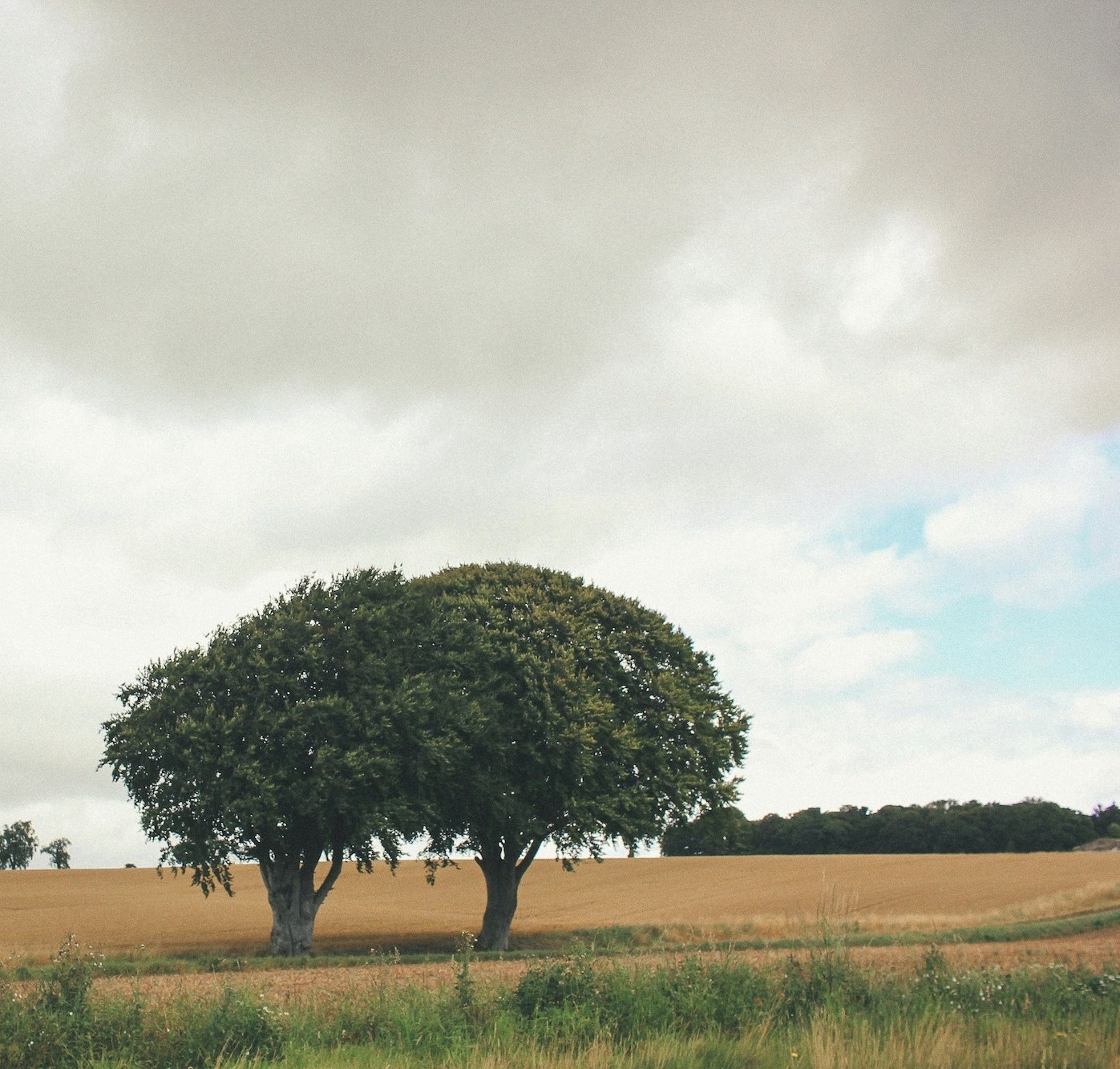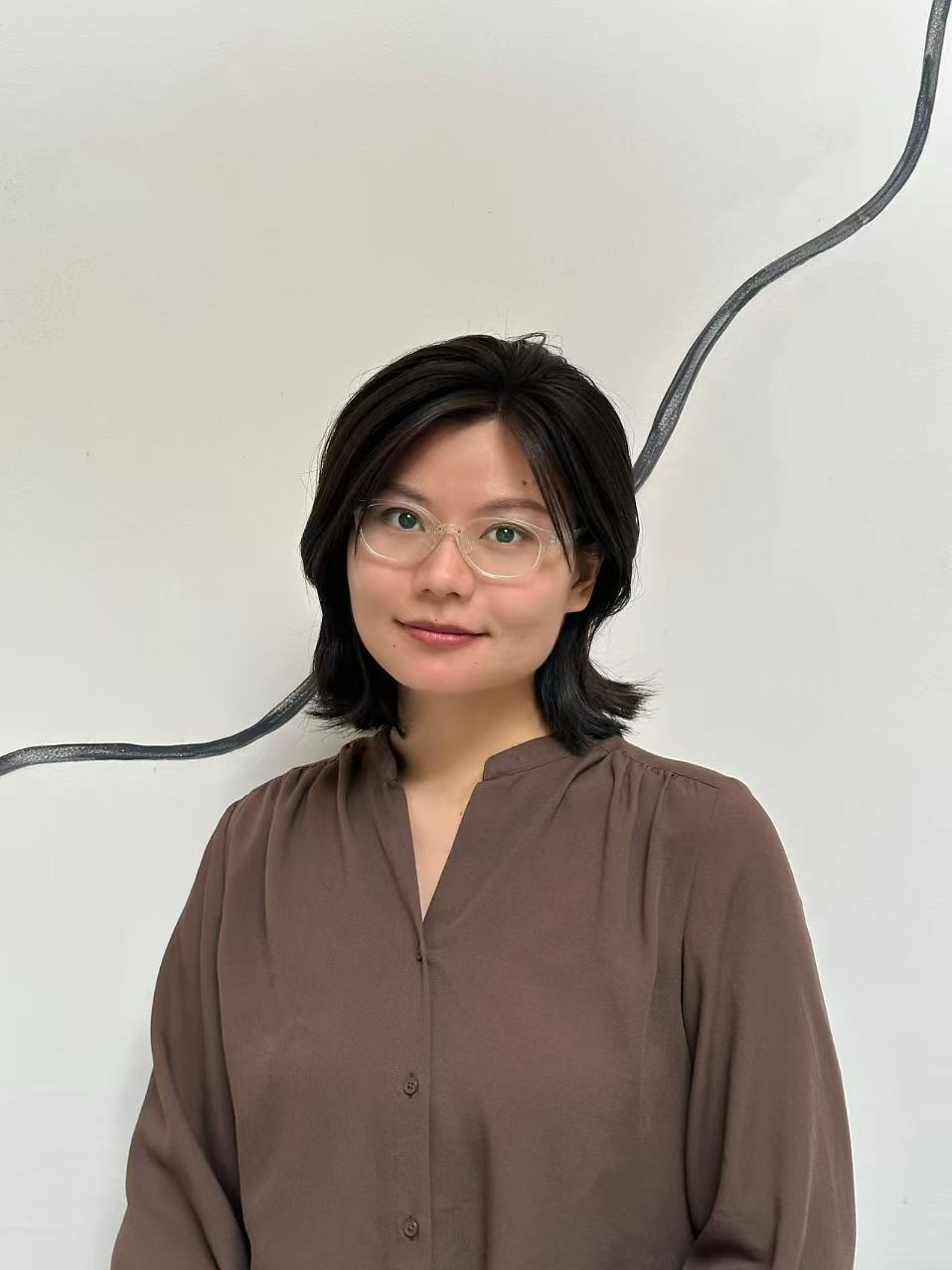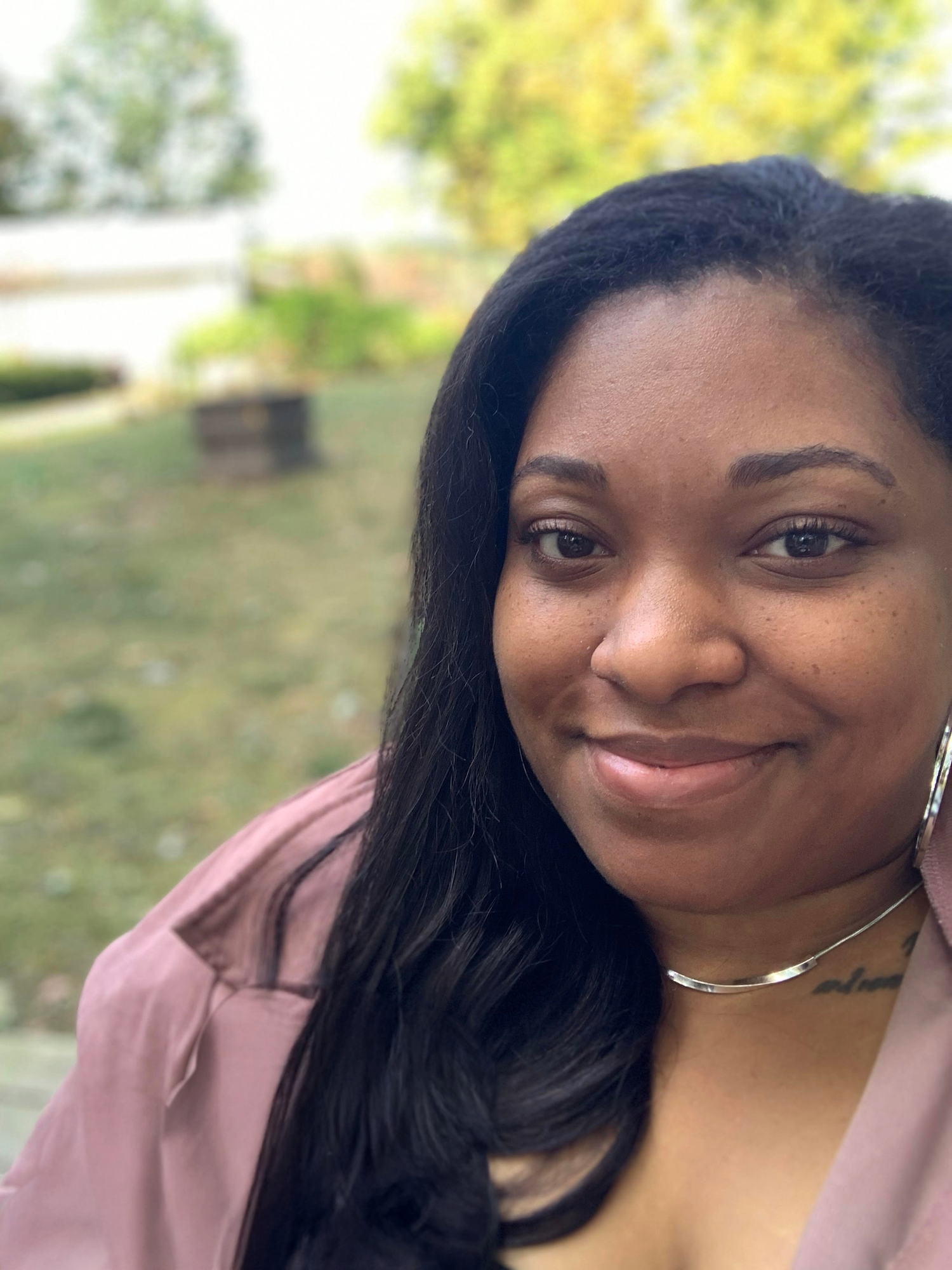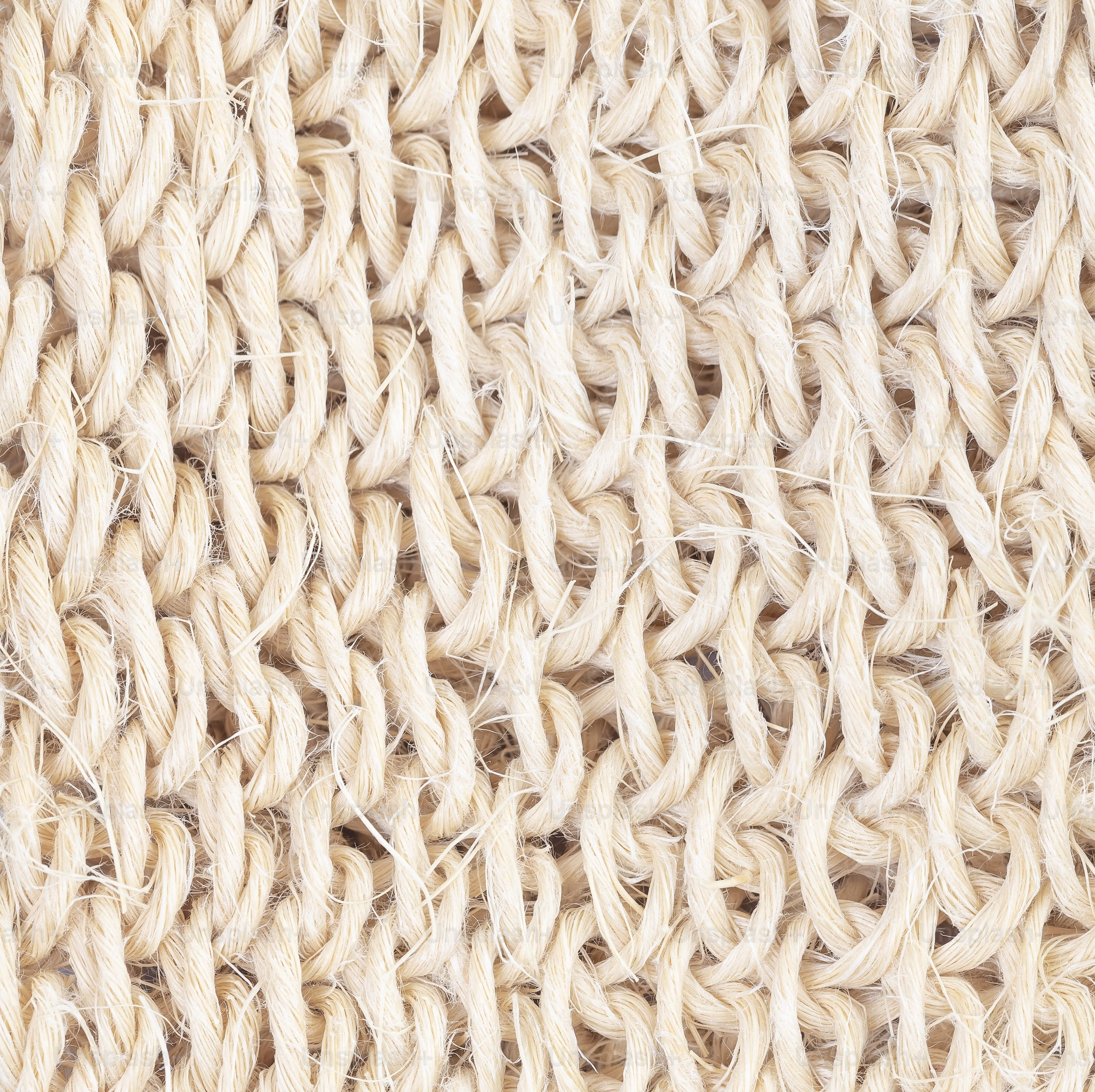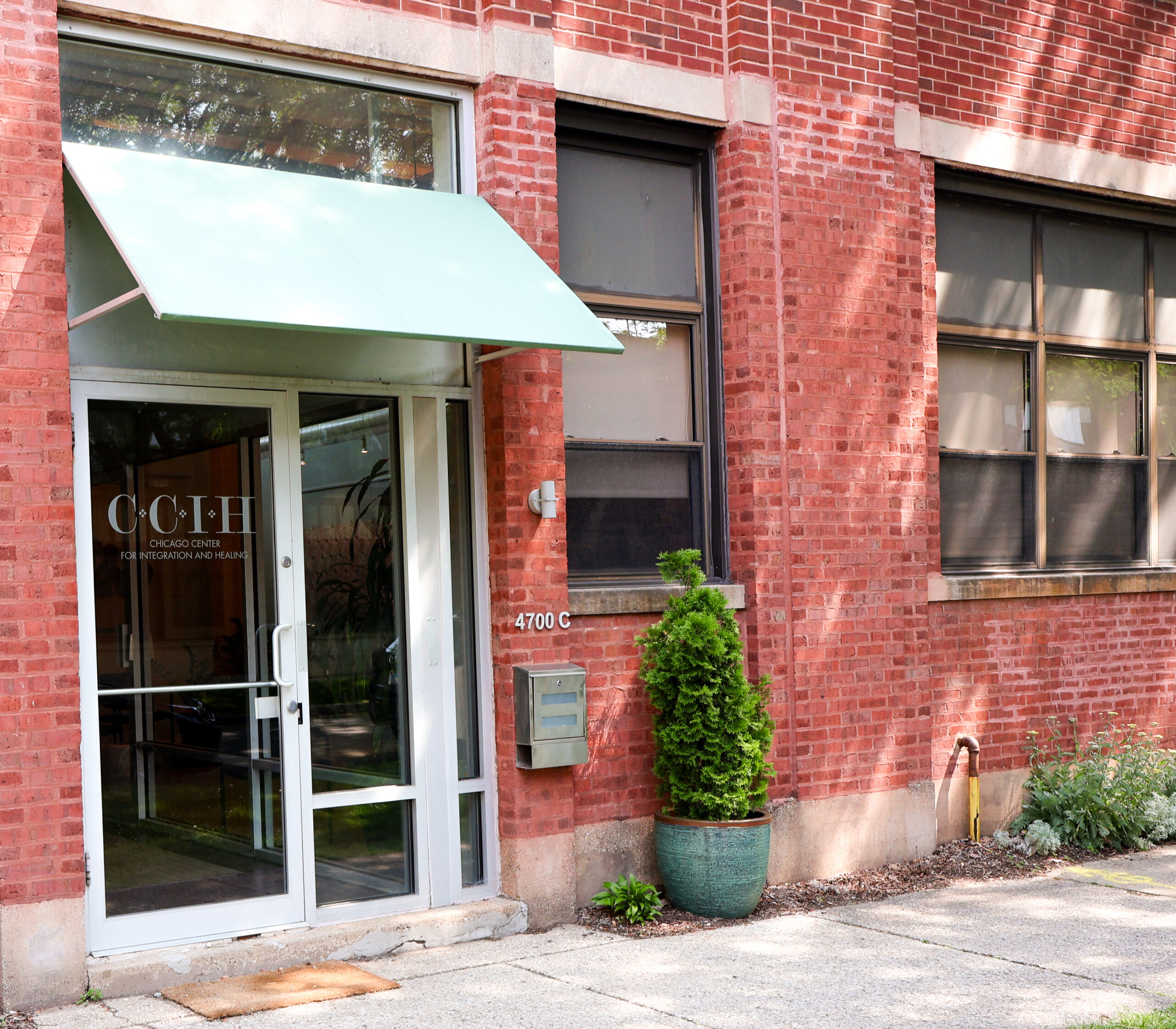There are few experiences as disheartening as going to a new place – a doctor’s office, a restaurant, a hair salon – and finding that it was not designed with my body in mind. (Don’t even get me started on airplanes). As a fat woman navigating a world made for people with thin bodies, I often feel alienated, embarrassed, and just plain too big for the spaces I want or need to occupy. And if I want my experience to be pleasant, or just want to avoid unpleasantness, I often have to advocate for myself in ways that people with thin privilege do not even have to think about.
“Could you please seat me at a table rather than a booth?”
“Would you mind moving your chair? I can’t get through.”
“Could I have a seat belt extender?”
“Please use a larger blood pressure cuff.”
These are phrases I am accustomed to uttering – and I feel far less shame around taking care of myself and asking for my needs to be met in these ways than I used to feel. Confronting fatphobia as I encounter it sometimes feels like a chore, but at other times it feels downright invigorating. The more I believe that I deserve to take up space like anyone else, the more I feel empowered by actually taking it.
My experiences living in a fat body have informed the way I work as a therapist in myriad ways. I work hard to create a client experience that reflects my values of weight inclusion and fat positivity; I draw on my own negative experiences with healthcare providers and try to do for my clients what I would have liked providers to do for me.
Here are some questions to ask yourself about your psychotherapy practice:
-Do I use language like “good” or “bad,” “healthy” or “unhealthy” to describe foods, body weights or sizes?
-Is the space in which I practice size-inclusive? Could a fat person comfortably sit in the chairs in my lobby or office?
-Do I attempt to practice beyond my scope, giving psychotherapy clients diet, exercise or nutrition advice?
-Do I make assumptions about people’s health, values, morality, work ethic or intelligence based on their physical appearance?
-Do I assume that certain people want/need to lose weight based on their body size?
-If someone has explicitly stated that they want to lose weight, do I contextualize their desire to do so within the larger frame of fatphobia and diet culture?
-Do I have a problem with certain body shapes and sizes? Do I view certain bodies as “good” and others as “bad” or as needing to change?
-Do I acknowledge my own thin privilege, if applicable?
-Do I understand fatphobia and how it fits into multiple and interlocking systems of oppression?
-Am I doing my own work around food, weight and body image?
-Do I believe in people’s right to self-determination as it relates to their food choices, their body size, and their weight? Or do I have an agenda for them?
Recommended Reading & Resources:
“Everything You Know About Obesity is Wrong” by Michael Hobbes
https://highline.huffingtonpost.com/articles/en/everything-you-know-about-obesity-is-wrong/
“You Have the Right to Remain Fat” by Virgie Tovar
https://www.indiebound.org/book/9781936932313
“Hunger” by Roxane Gay
https://www.indiebound.org/book/9780062420718
“20 Ways to Be Fat Positive” by Virgie Tovar
https://www.ravishly.com/fat-positive
The Association for Size Diversity & Health: https://www.sizediversityandhealth.org/content.asp?id=76




